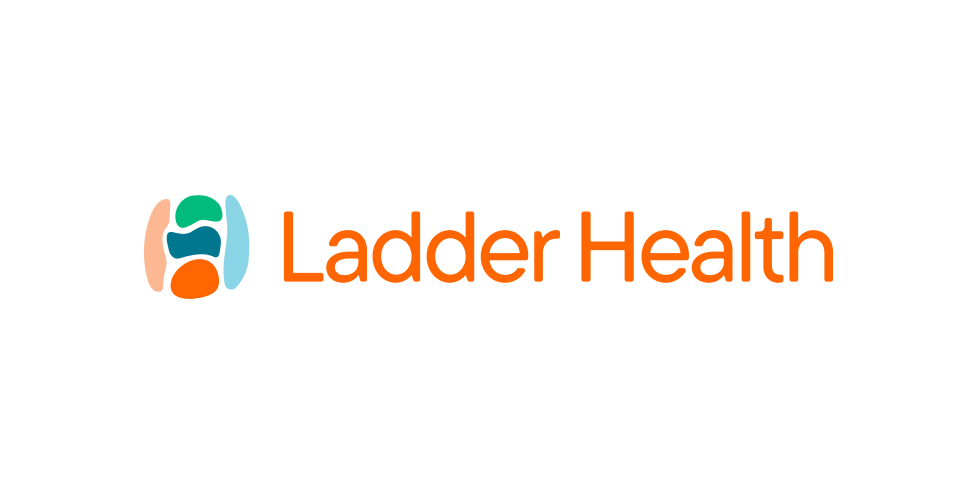Dr. Janene Fuerch at Stanford Health has an uncomfortable discussion with parents leaving her NICU: which of you is going to quit your job to manage your child’s developmental needs?
For caregivers of the ¼ of kids under 6 who experience developmental delays, the dilemma is all too familiar. Developmental delays are stressful, can be hard to spot, and lack consistent treatment options. Families seeking care face waitlists up to 6 months, long drives to scarce early intervention centers – all with the time pressure of a closing window of brain plasticity.
With rapid advancements in the ability of technology to drive efficiency in care delivery, we’ve seen forward-thinking players use creative tech-enabled models to expand access to high quality care (think OneMedical’s affordable concierge care on-demand or Midi’s recently announced in-network longevity program).
But one group has been left behind – kids. In 2024, US health tech startups drew $9B of venture capital investment. Just 2% of those dollars went to companies focused on pediatrics (Source: Pitchbook).
25m Health-incubated Ladder Health is filling that gap. They’re addressing the unique barriers that make it so difficult for kids and families to access timely care for developmental delays with a tech-forward approach. Their goal: all kids have access to high quality early intervention at the moment they need it.
From quitting jobs to care that fits around families
No waitlists, no 2-hour drive to the nearest early intervention center – Ladder families are seen within 2 weeks of signing up. Families can schedule appointments on nights and weekends from the comfort of their homes. Ladder is in-network with most commercial payors and Medicaid, meaning families won’t be hit with high out-of-pocket costs. The best part? Ladder’s technology makes the entire experience personalized for families’ needs, with custom care plans and milestone roadmaps for each child.
From “wait and see” to “better safe than sorry”
Resource shortages and lack of standardized screeners have contributed to a costly “wait and see” culture around addressing developmental delays. Ladder is making developmental conversations a normal part of childhood care – not a sign of a deficiency or something to be brushed aside. With a clinically-validated, easy to use screener and interactive digital guide, caregiver scan take charge of their child’s development care without waiting for the avalanche of cost, stress, and frustration from addressing delays too late.
From stress and confusion to healthy kids and empowered caregivers
Ladder’s clinical model was developed and tested by leading pediatricians, neonatologists, and development experts. They treat the full range of developmental delays – from complex NICU graduates to routine picky eaters – and stay engaged with families to support caregivers long term. By activating caregivers and treating delays early and consistently, Ladder sets kids up for success and prevents the long-term costs and lifelong frustrations when families can’t access timely care.
High-quality preventative care made accessible by thoughtful tech-enabled delivery is a model we’ve seen work. Ladder Health is extending that to kids – one of the most powerful investments we can make.
----
About Ladder Health
Ladder Health delivers comprehensive, virtual-first care for early childhood developmental delays, built with Boston Children's Hospital. Ladder is live in North Carolina and Massachusetts – if you or someone you know is seeking care, you can learn more at ladderhealth.co.
About 25m Health
25m Health is a venture studio that incubates and invests in healthcare companies, with a focus on digital health, health IT, and tech-enabled services. Formed in partnership with Lifepoint, Scion Health, Apollo Global Management, and 25madison, we bring strategic partners to the table from day one to help our companies reach the market faster, conserve capital, and deliver greater value to customers.
Written by Kat Howley
MBA Candidate, Harvard Business School, Class of 2026

Kat joins 25m Health with extensive experience in healthcare strategy and operations. She previously led product and service design at Ounce of Care, a Medicaid-focused care coordination startup, and spent four years at Bain & Company, advising clients on growth strategy and operational improvement across the healthcare sector. Kat earned her undergraduate degree in Economics and Global Health from Duke University.








